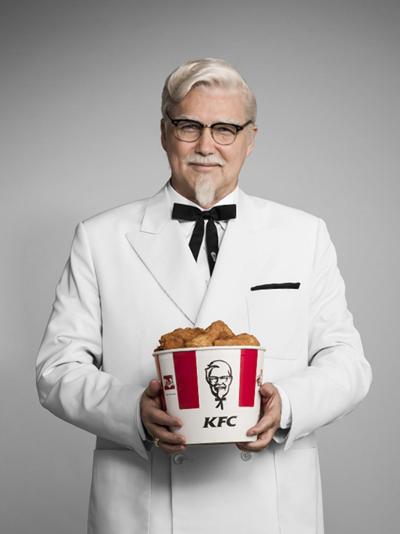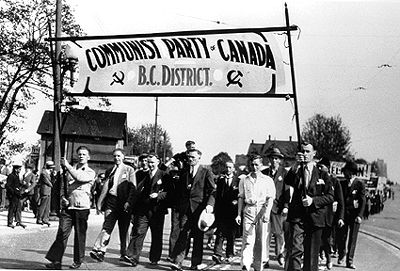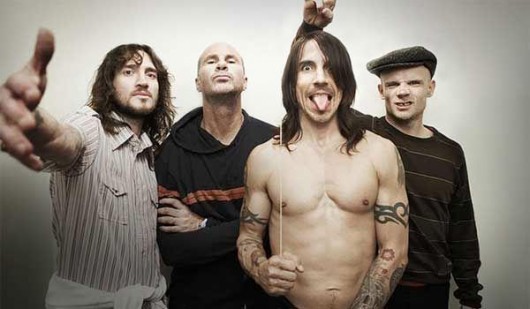Stop the Acronym Pandemic!
Posted on October 20, 2015 By Mike Ross Entertainment, Front Slider, life, Lit, literature, TV and Radio
 The straw that broke the camel’s back was an AHS staffer at the RAH who didn’t know what CASA stood for. It’s enough to drive you CRZ. As is this recent political news story: WTF LPC FTW JT XOXO CPC FUBAR RIP NDP SOL LOL!
The straw that broke the camel’s back was an AHS staffer at the RAH who didn’t know what CASA stood for. It’s enough to drive you CRZ. As is this recent political news story: WTF LPC FTW JT XOXO CPC FUBAR RIP NDP SOL LOL!
Does anyone know what’s up with the TPP? To what name does Archer’s ISIS have to change now that the horribly real ISIS has hogged all the press? Can you unabbreviate LGBTTIQQ2S without looking it up? No you can’t. Nobody can.
It’s impossible to understand what’s going on anymore because of all the goddamned abbreviations. New clots of alphabet soup are excreted daily. This is not just an old people complaint. An apparent effort to speed up human communication has backfired into an epidemic of unexplained lettering that is threatening to ruin the already fucked up English language. Fuck is one of our oldest words.
Obviously, the Internet can be blamed. Instant messaging on rudimentary keyboards and a 140 character limit on Twitter made shortcuts necessary: LOL, LMAO, ROTFLMAO, and those are just expressions of laughter.
Acronyms and initialisms were around long before the Internet. The age of broadcasting summoned ABC, CBC, CBS, CTV and NBC, still here to this day. Few people know what they stand for and not just literally. Others have a threatening legacy, representing unpleasant organizations not to be messed with: KKK, FBI, CIA, KGB, IRS, CRTC, CRA, PETA. Only rarely are their expanded names used.

WTF LPC FTW XOXO JT PM LOL!
Corporate branding played a part. A&W has been around since 1919, initialled for founders Roy Allen and Frank Wright. The Swedish furniture company IKEA started out of the box as an acronym in 1943, named for its founder Ingvar Kamprad, his farm (Elmtaryd) and his hometown (Agunnaryd).
The trend really took off in 1991 with KFC. Someone at the fast food chain decided that “fried” sounded too unhealthy, that they wanted to tell the public they served more than just chicken and that saying “Kentucky Fried Chicken” took too long in the fast-paced world of the time. Colonel Sanders was not pleased, even though he’d been dead for 11 years. The initialism of a venerable chicken chain succeeded in blurring the meaning of their menu, and others followed suit. Not fried. Not just chicken. Not from Kentucky. That was the whole idea: to hide what they were really up to. Fried chicken.
Speaking of hidden intentions, financial institutions became even more faceless. The Royal Bank of Canada is RBC – not royal, not just a bank, not limited to Canada; CIBC for the same reasons. Scotiabank retained a vestige of its real word origins, changed from the Bank of Nova Scotia, but now no one thinks of poor Nova Scotia when you’re richer than you think. You think of movies.
Political parties are confusing. It doesn’t help that they keep changing. The Progressive Conservative Party became the PCs, which then became CPC, which is the same initials as the Communist Party of Canada, the Canadian Paralympic Committee, the Climate Prediction Centre and the Canadian Pork Council. The NDP hasn’t been called the New Democratic Party for quite some time. Not new. Not democratic. Not much of a party. LPC hasn’t quite caught on for the Liberal Party of Canada. Too close to PC. A plan to form the Conservative Reform Alliance Party didn’t work out.

The CPC
Bands are some of the worst offenders. Some have been around a while, BTO, ELO, CCR, CSNY, initials that in their time were generally used less than their common expanded versions. Many more are newer unnecessary condensations of perfectly good band names: NIN, RHCP, RATM, STP, NKOTB, GNR, ICP, QOTSA, SOAD, GYBE, MCR, APC, AIC, BSS, GLC, HWC, JBT, MOTW, RBF, SOTI, STP, and TRP is a partial list. Never mind DJs, rappers or rock bands with numbers in their names. It’s getting out of hand.
English professor Don Perkins says not to worry. He works at the U of A’s Department of EFS, where new staffers spend months learning all the acronyms, abbreviations and initials for all the various committees.
“It’s like learning another language,” he says. He teaches a pop culture class whose students a third his age “have a language all their own.” It’s nothing new, he says. Sub-cultures have always had their secret jargon. There are just more subcultures and special interests now. “The language is growing,” he says.

RHCP
Growing as it’s shrinking. Rampant initialisms can cause misunderstandings – but then so can careless use of real words found in the OED. “Even standard English words in common usage, out of context, can leave ambiguities,” says professor Perkins. “We’ve just come through 11 weeks of that. Orwell was talking about this 75 years ago: the imprecise use of legitimate words in the English language is bad enough.”
Not only are unexplained acronyms barriers to communication, but they lack the human touch. It’s become clear a backlash against spam and robocalls is brewing, that people are craving human contact in the impersonal online world. Even a phone call is a welcome novelty these days. It’s no coincidence that the biggest Internet star is also one of its most personable: PewDiePie. It’s no surprise that Colonel Sanders has been exhumed in a fresh new KFC ad campaign starring Norm Macdonald. Still finger lickin’ good. The human touch.
Calling in not just the Grammar Police, but the Grammar RCMP, John Considine, PhD, is another U of A English prof. He specializes in etymology. “I think there’s always tension in language between convenience and clarity,” he says. He talks about language trends that come and go, words that disappear as new ones are coined: Meh, flapdoodle. Common use dictates what will happen next. If people get sick of unexplained acronyms, they’ll go away.
“The common speaker does always win in the end,” says Considine, also referring to written or texted communication. “I don’t think the common speaker is going to tolerate much more alphabet soup in language.”
But what about lazy journalists who assume everyone knows what they’re talking about? Imagine how long this article would’ve been if all the acronyms had been spelled out.













